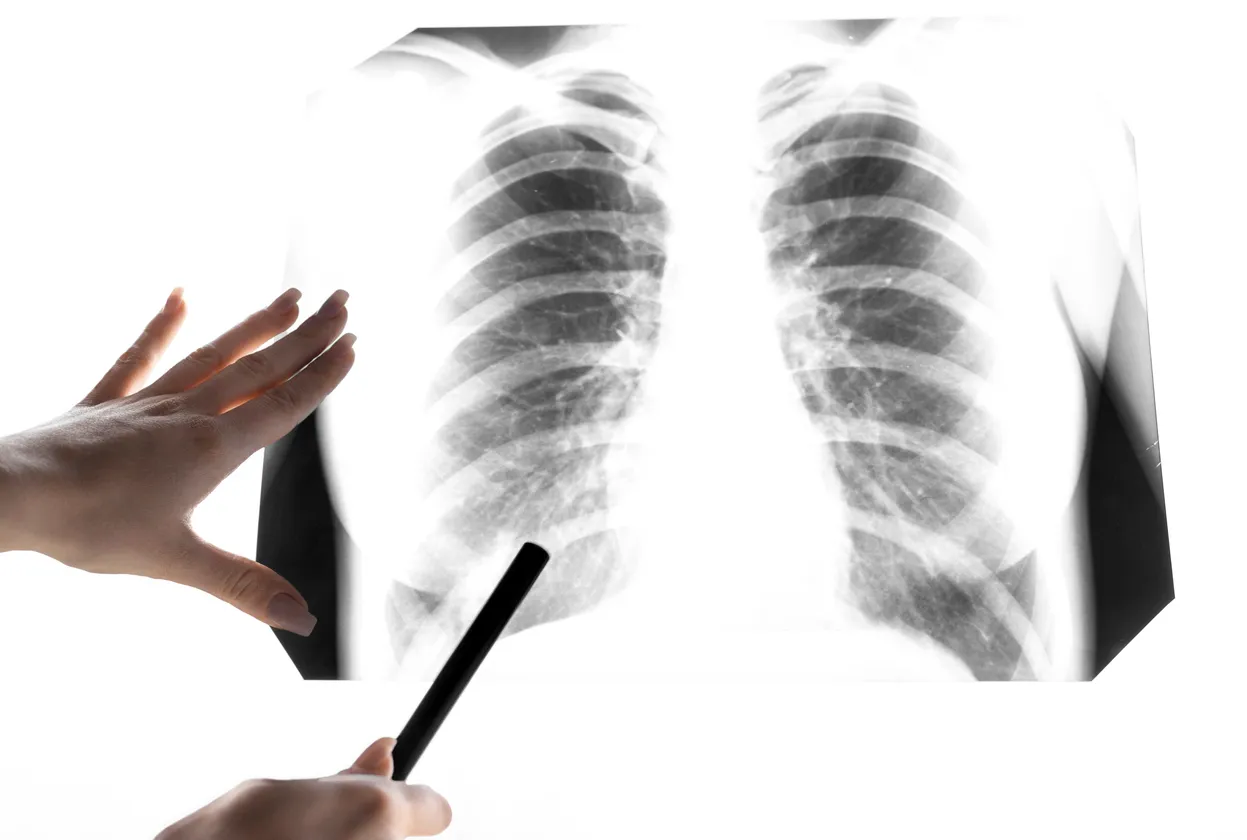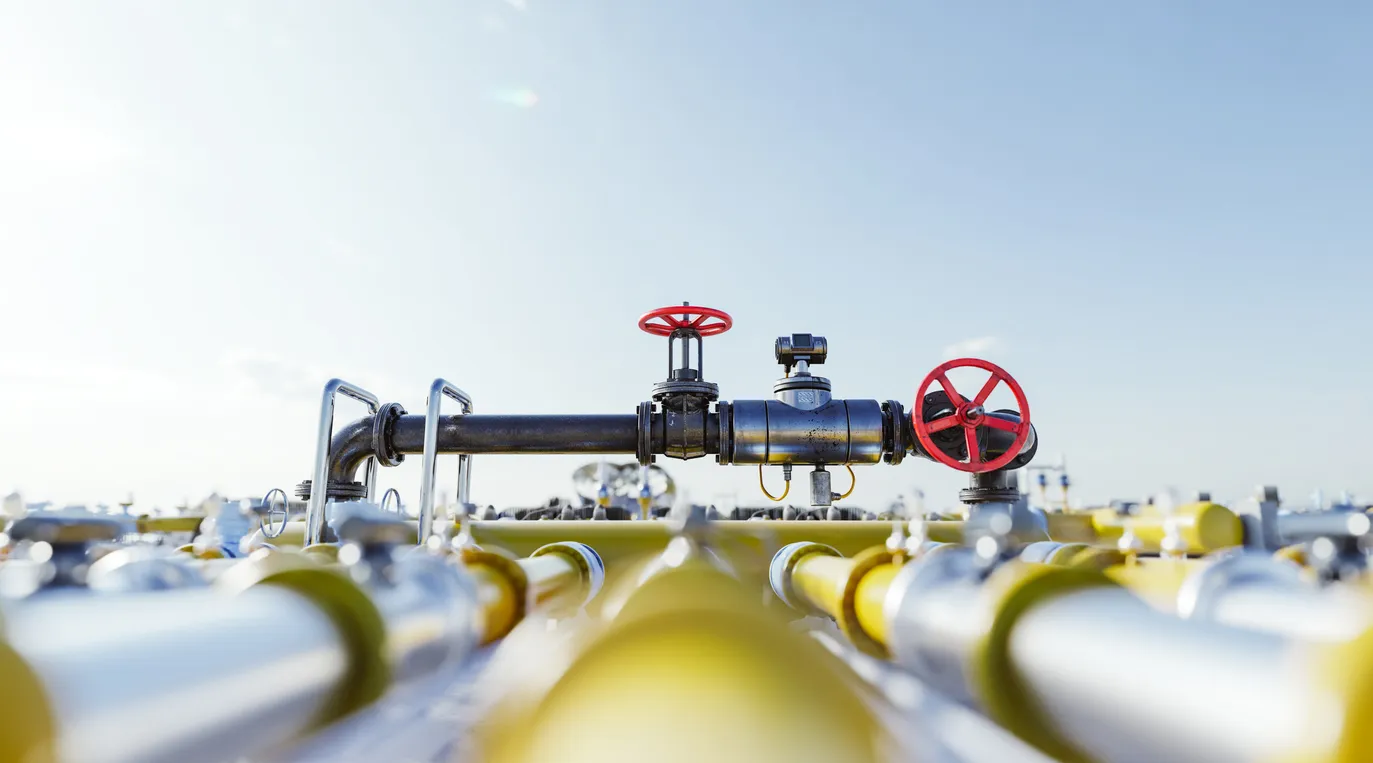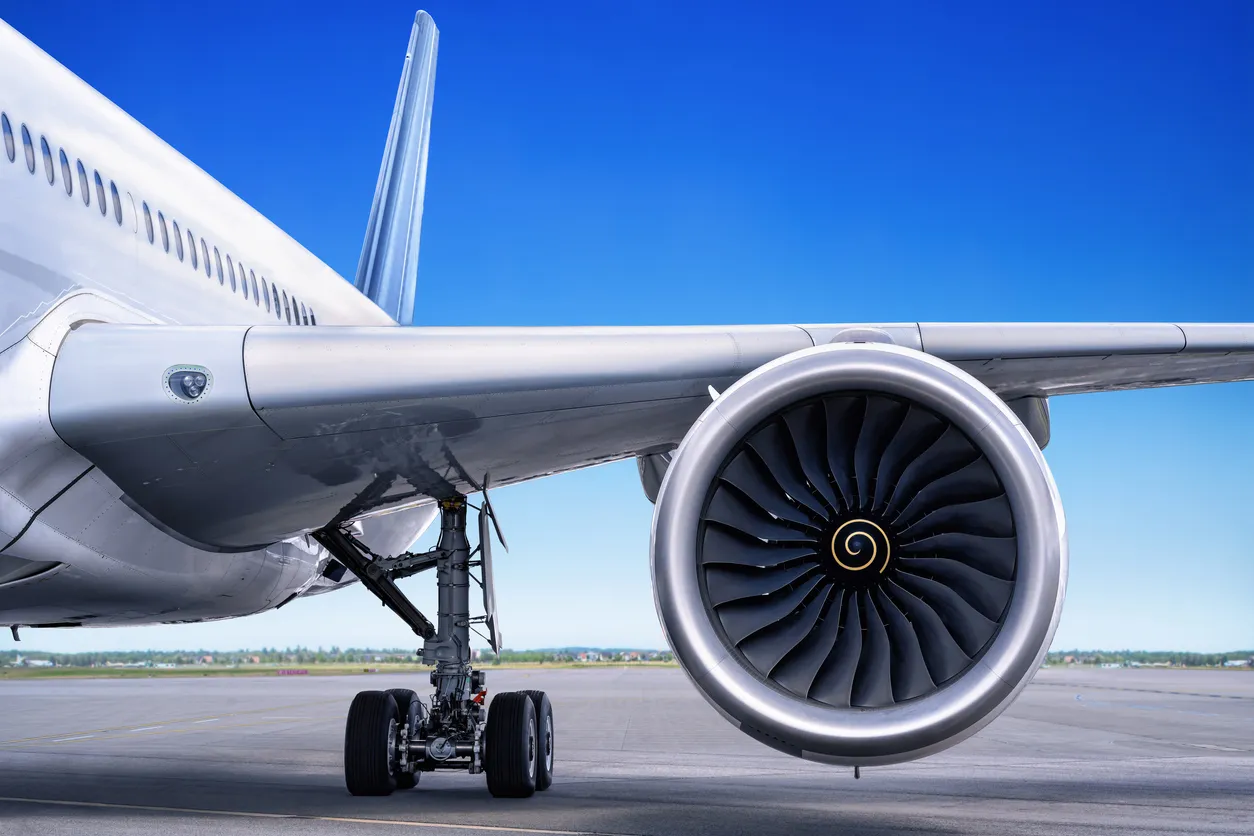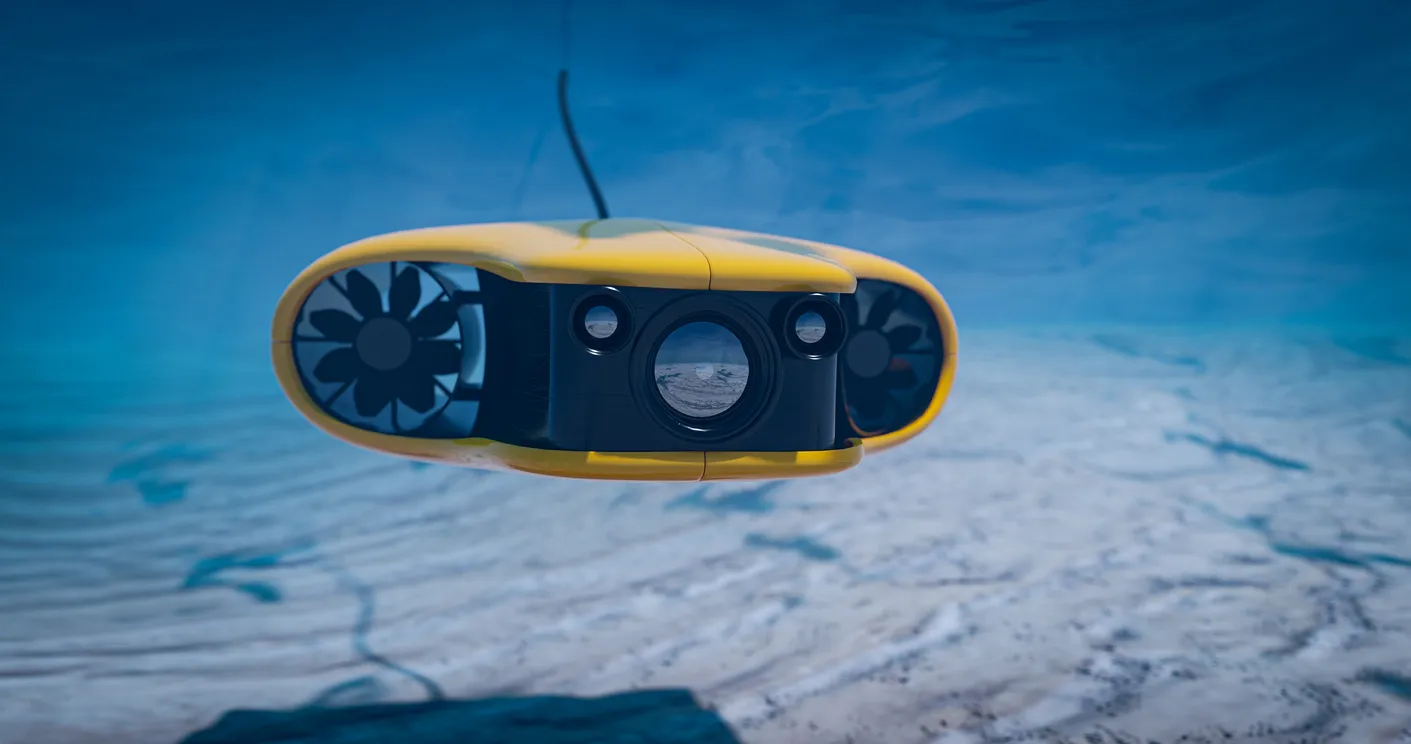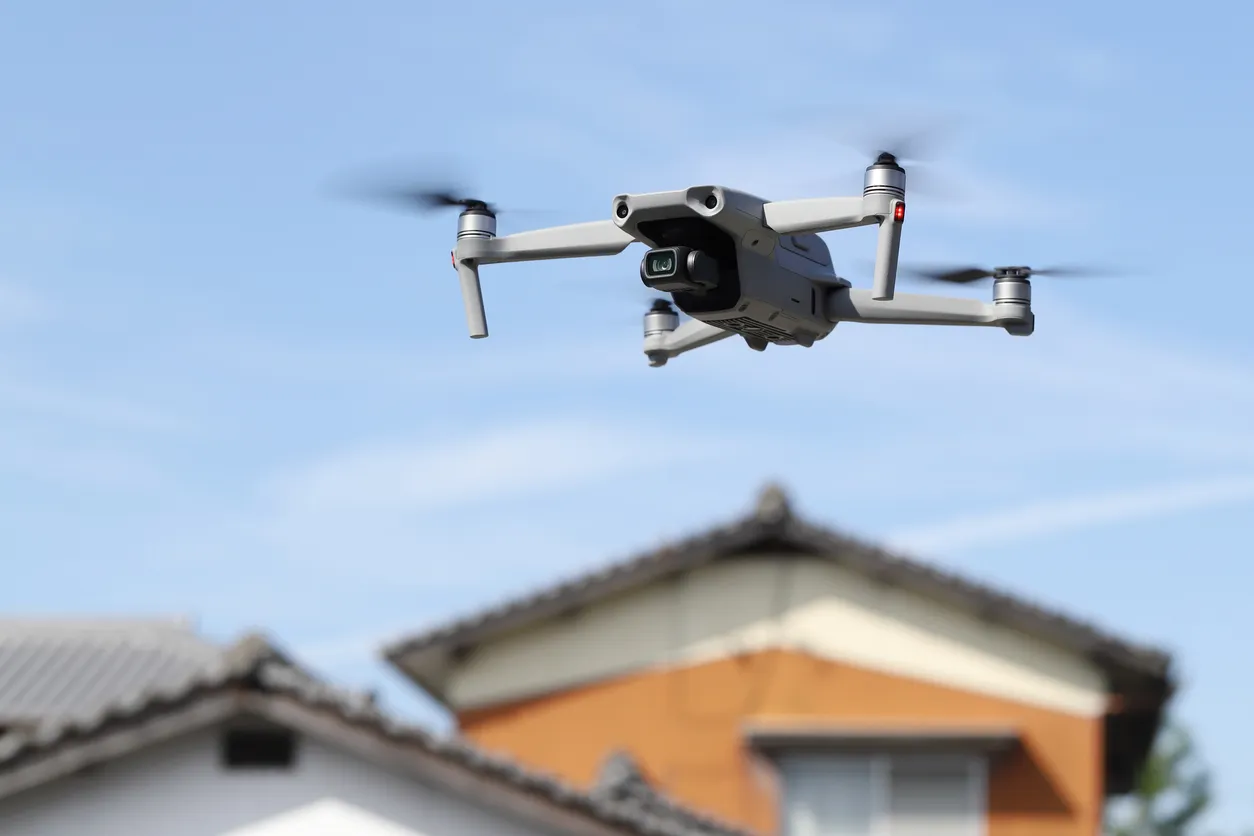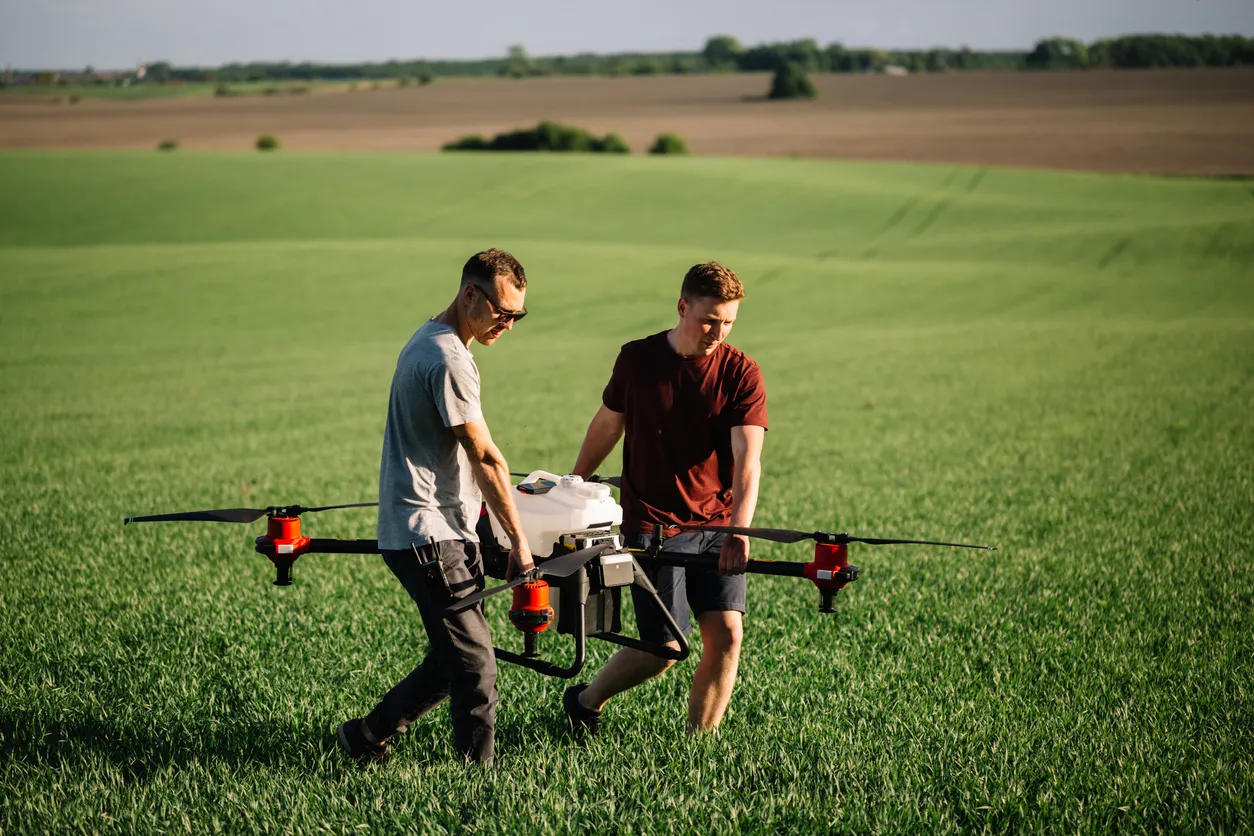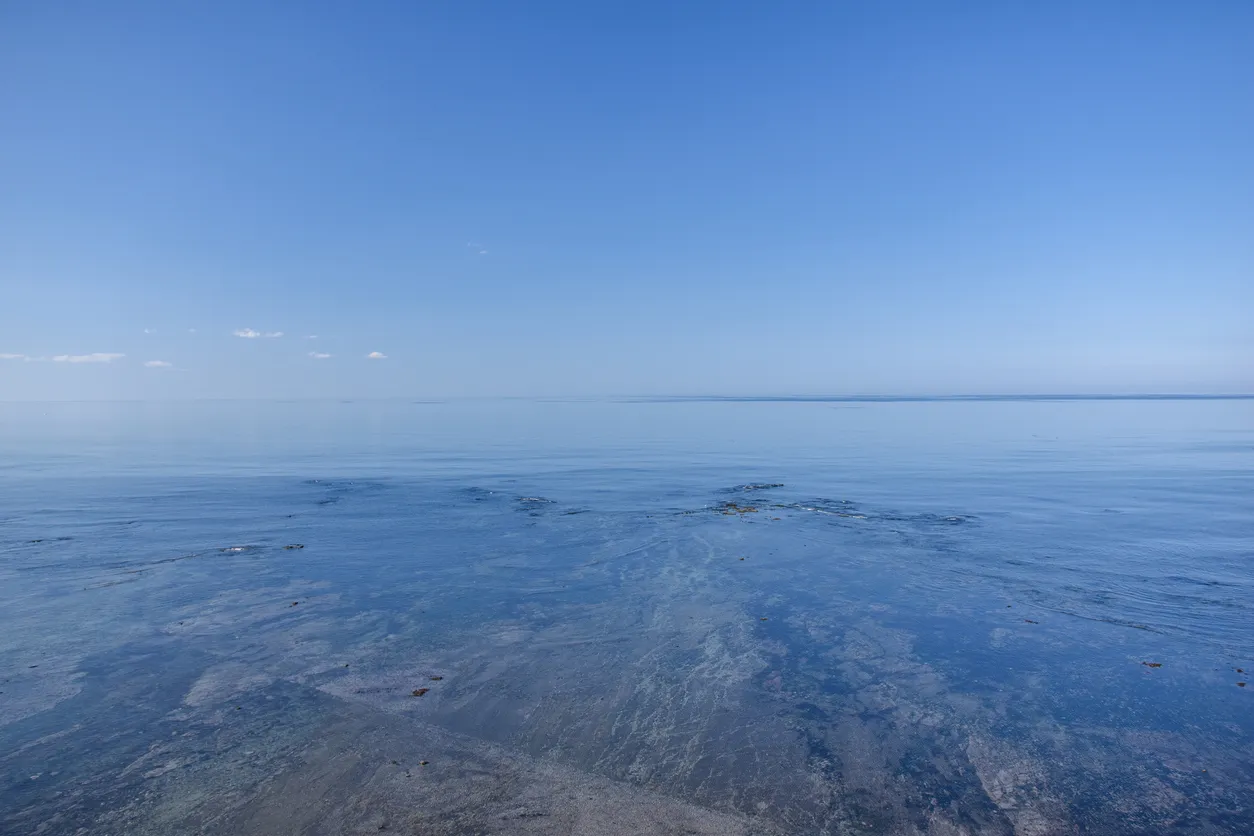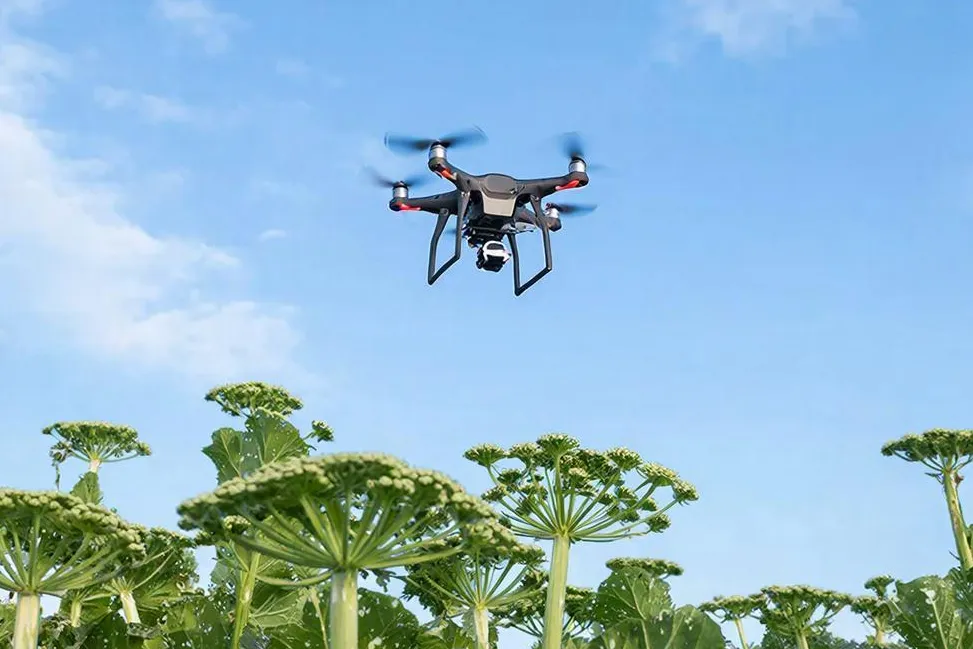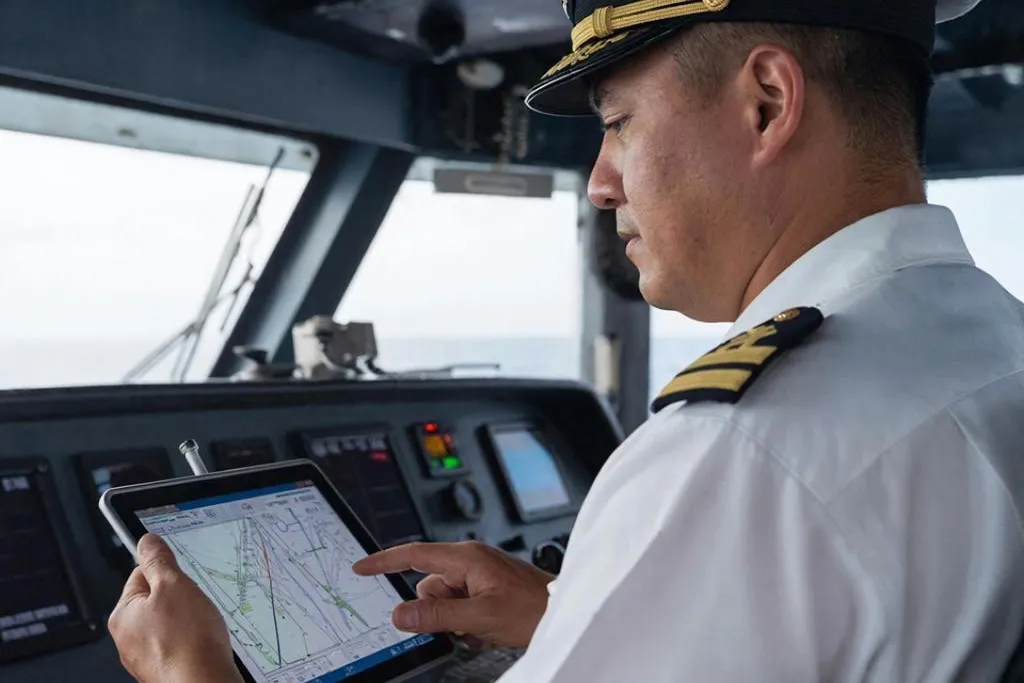Russia Develops Amphibious Drone for Environmental Monitoring
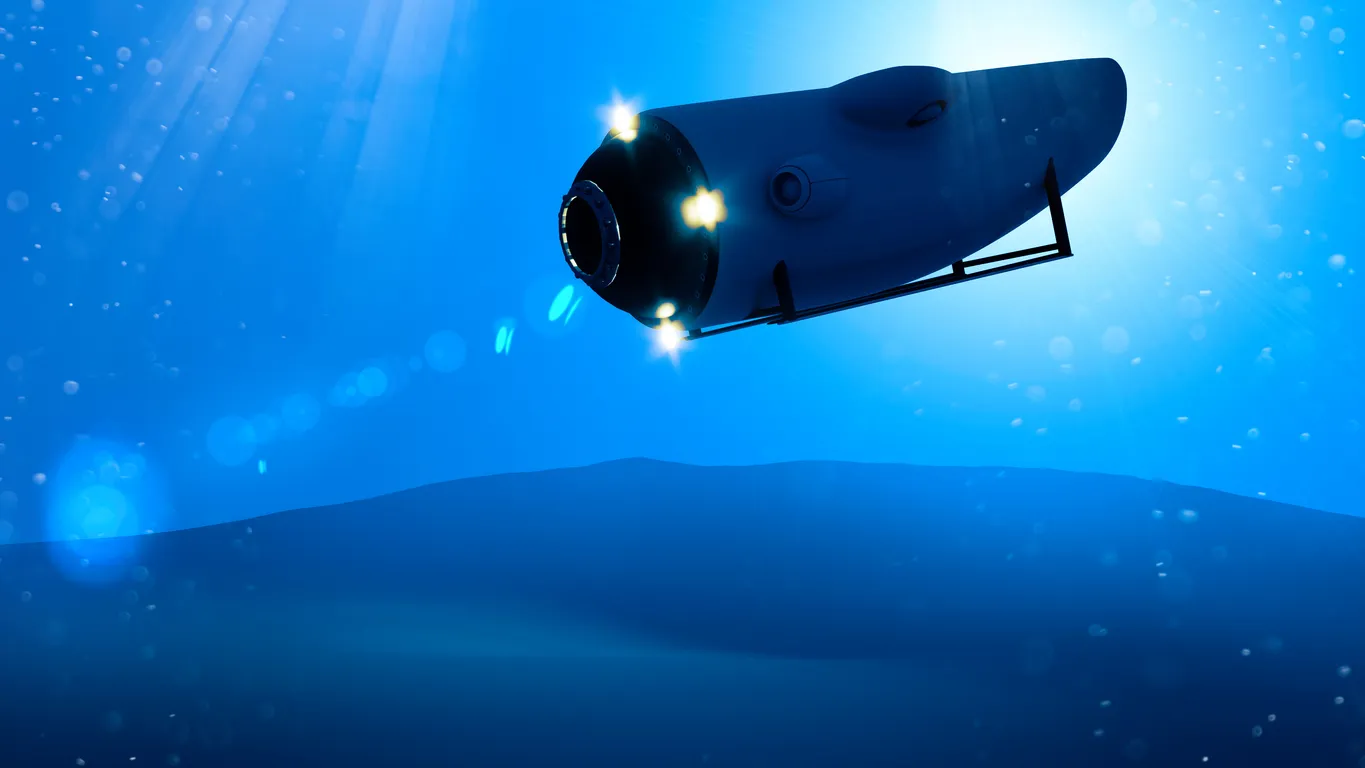
Russian engineers are building an amphibious drone capable of monitoring environmental conditions across diverse climates, from the Arctic to tropical regions.
The Meridian, an amphibious unmanned aerial vehicle (UAV) designed for environmental monitoring, is being developed by the Center for Autonomous Robotic Systems in collaboration with Bauman Moscow State Technical University, with support from the Ministry of Industry and Trade. The UAV will be able to land on water, analyze soil, bodies of water, and ice cover, and operate in both extreme northern and hot climates.
Meridian will function in temperatures ranging from −45°C to +35°C, stay airborne for up to 11 hours, and cover distances of up to 1,200 kilometers in a single flight. It can capture imagery and collect data from altitudes of up to 4,000 meters. A key feature is its ability to operate independently of satellite navigation, making it indispensable for remote areas.
The drone’s body will be constructed from aluminum alloys and composite materials, ensuring both strength and lightness. The project is currently in the research and development phase, with aerodynamic calculations and strength tests completed. Once deployed, Meridian will enable rapid detection of environmental threats and provide forecasts of environmental changes across the country.


